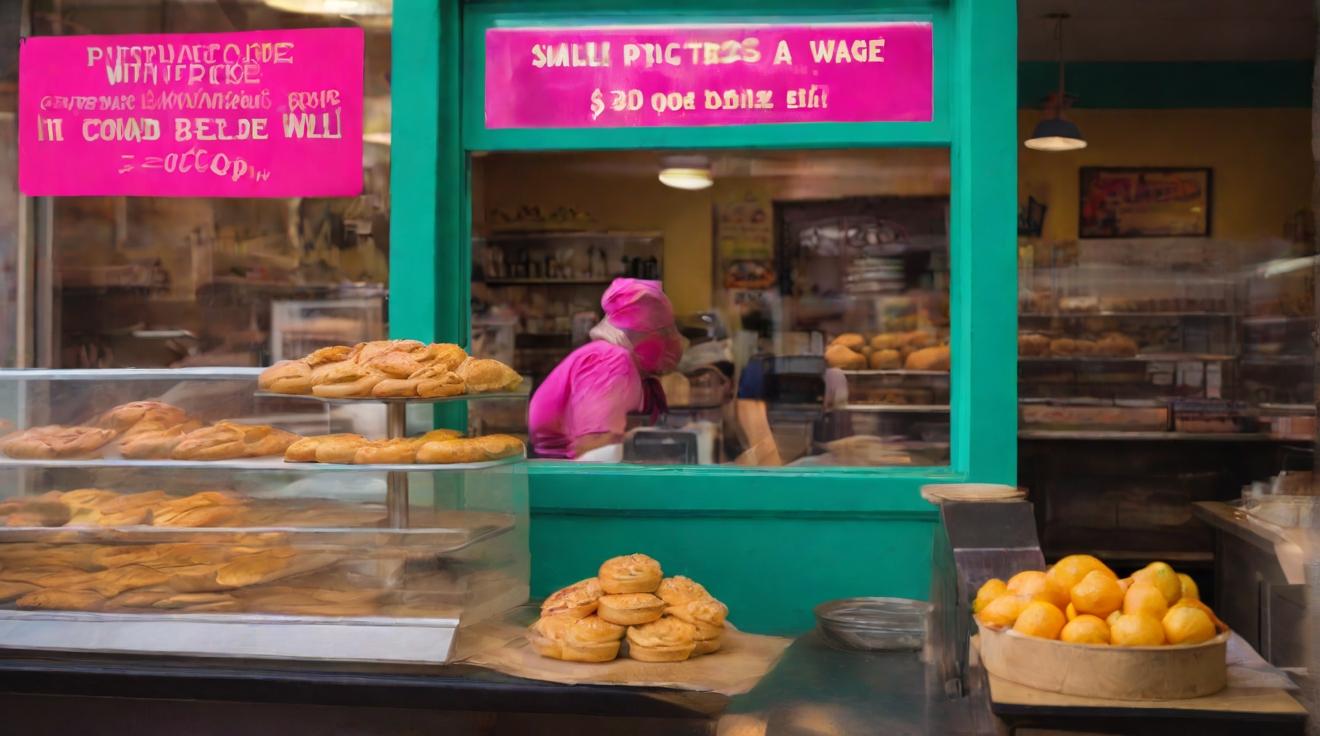**California's New Minimum Wage Law Boosts Pay for Over 500,000 Fast-Food Workers
In an unprecedented move, California has set a new benchmark in employee compensation within the fast-food industry. The state's latest minimum-wage law, championed by Gov. Gavin Newsom, has officially rolled out, marking a significant uplift in earnings for more than half a million fast-food employees. This legislative action notches a 25% wage increase, exclusively targeting fast-food chains with more than 60 locations nationwide, with the exception of bakeries. Alongside this, the establishment of the Fast Food Council introduces a pivotal step towards robust industry regulations.
This wage enhancement is poised to ripple across various sectors, possibly nudging small business operations and diverse industries towards more competitive salary offerings.
Yet, alongside the optimism for worker benefits, the increase sparks a complex debate over operational sustainability within these franchises. Concerns loom large for franchise owners, including many from minority and immigrant communities, over the financial strain potentially brought about by elevated operating costs. Forewarnings of price hikes and workforce cuts stand as testament to the apprehensions faced by business operators, aiming to balance the higher labor expenses.
Potential Impact on the Industry
The response to the wage increase captures a broad spectrum of perspectives. On one end, the Roosevelt Institute challenges the notion that these adjustments would necessarily lead to negative outcomes like escalated prices or a downturn in employment. Their findings suggest that fast-food companies have been managing price increases above the industry average for about a decade, indicating a capacity to absorb the wage hike without dire economic repercussions.
Notwithstanding, the broader economic implications loom, especially given California's status as harboring the country's highest unemployment rate and witnessing sluggish job growth. The dialog surrounding the wage law oscillates between optimism for elevating living standards for numerous workers and concerns over the potential financial ramifications for business owners.
As the narrative unfolds, the definitive impact of California's minimum-wage law on the fast-food industry, and potentially beyond, remains a focal point of anticipation. Amidst varying prognoses, the initiative represents a bold stride towards redefining worker compensation, setting a precedent that could reshape salary dynamics across the nation.
Analyst comment
Positive news: California’s new minimum wage law boosts pay for over 500,000 fast-food workers, potentially leading to more competitive salary offerings and elevating living standards for workers.
Negative news: Concerns over operational sustainability for franchise owners, potential financial strain with increased operating costs, possibility of price hikes and workforce cuts.
Neutral news: The impact of California’s minimum wage law on the fast-food industry and broader economic implications remains to be seen. It represents a bold stride towards redefining worker compensation and can potentially reshape salary dynamics across the nation.













